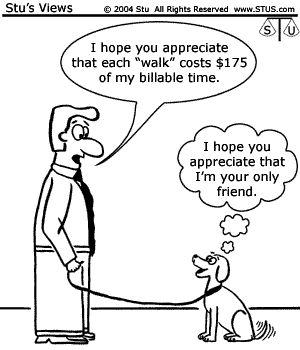Jargon Decoded – Opportunity Cost
In today’s issue, we will decode the curious case of opportunity cost, a concept fundamental to Economics & daily life.
“The cost of something is what you give up to get it” – Basic Principle of Economics
Let us say that it was a long day at the office. You pack your bag and come out thinking about eating your favorite food Aloo Paratha. You have two choices to either eat at a restaurant or to cook at home. If you choose to go to a restaurant, it will cost more, say Rs. 200. You feel that it is costly to eat outside and decide to cook for yourself. Suppose you spend Rs. 50 on ingredients to make it at home. After eating, you feel good as you have just saved Rs. 150. But you are not taking the entire cost of eating at home. You spend around 30-45 mins of your time cooking and another 15-25 mins cleaning up. Suppose you were working that 1 hour, you would earn Rs. 1000. Essentially you are losing an extra Rs. 850 by taking the choice to cook at home. This is the opportunity cost of your decision to eat at home. So it was a better decision to eat at the restaurant! Let us now look at the formal definition of opportunity cost for a more thorough understanding.

In finance, the opportunity cost of an item is what an individual gives up to get that item. Because people face tradeoffs, making decisions involves comparing costs and benefits of alternative courses of action. So the opportunity cost of taking a course of action is the potential benefit given up by taking such an action. However the opportunity cost of an action is not as obvious as it might first appear as seen in the above example.
Opportunity cost is very important for businesses as it is crucial to understand the potential missed opportunities given up when making a choice. Thus opportunity cost allows us to make better decisions.
